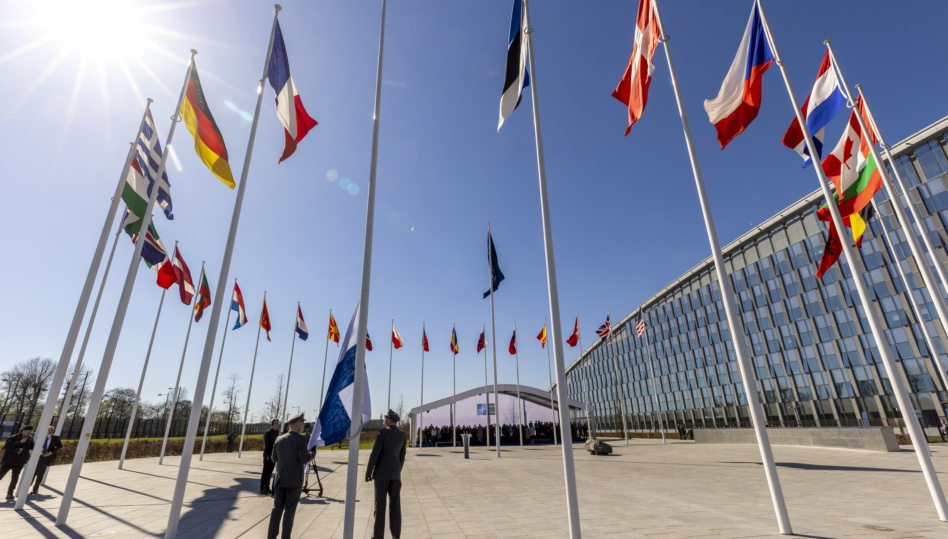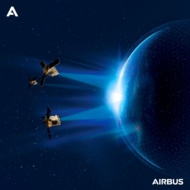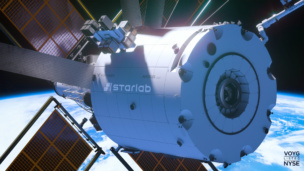NATO’s Defence Innovation Accelerator for the North Atlantic (DIANA) has teamed up with Starburst Aerospace, Mission Innovation X at Massachusetts Institute of Technology (MIT MIx), and MassChallenge for its next program, which will send alliance resources to innovators in a several fields, including hypersonics, energy and propulsion, and space.
Why the partners? Starburst, MIT MIx, and MassChallenge offer experience in aerospace and defense accelerators and innovation. Starburst has worked with 140+ companies at its space-related accelerators since 2012. Together, these partners will help expand DIANA to launch competition-style programs.
NATO program background: The NATO accelerator provides resources from member countries to deep tech companies working on emerging and disruptive dual-use technologies, addressing critical transatlantic defense needs and security challenges.
- The program focuses on energy resilience, secure information sharing, and sensing and surveillance.
- Those participating in the accelerator will be eligible to raise funds from the NATO Innovation Fund, which plans to invest €1B ($1.1B) into dual-use tech startups.




